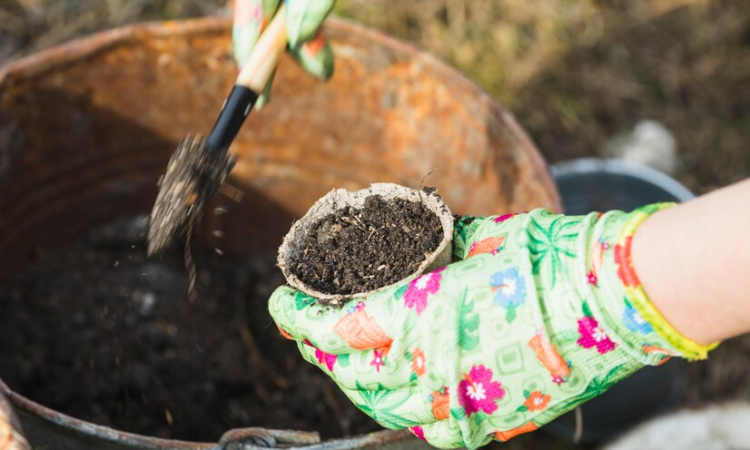
Mulch is a simple but powerful tool in gardening and agriculture. It plays a major role in water conservation and soil health. Its significance arises from its capability to control soil temperatures, decrease water evaporation, suppress undesired plants, and improve fertility around it. This article will examine the multifaceted benefits of mulching and its place within sustainable land management.
Natural Protector
Mulch is a protective layer that separates soil from outside elements such as extreme temperatures and eroding agents. It insulates the soil, assisting in maintaining temperature stability, which ensures that summer remains cool while winter becomes warmer. For that reason, temperature moderation results in the best circumstances for both plant growth and microbial activities, which are important for good soil health.
Water Conservation through Mulching
Another key aspect of mulching is its contribution to saving water by providing a cover on top of the ground. This keeps off evaporation and hence allows plants access to moisture over a longer period of time. Every drop counts, especially in drier climates or during droughts. In addition to this function, concentration in these regions helps to avoid compaction when rain falls.
Weed Suppression and Soil Health
Mulch also serves as an organic herbicide, blocking sunlight and thus inhibiting weed germination and growth. It also has other benefits, like minimizing competition for water nutrients among desirable plants and reducing the need for herbicides. Organic mulches also provide additional nutrients such as nitrogen, phosphorous, or potassium when decomposed into the soil, thereby contributing to the enhancement of fertility concerning the plants being grown.
Choosing the Right Mulch
One should consider various factors, such as climate, soil type, plant species, and aesthetic preferences when choosing mulch. In hot and dry climates, for example, compost or shredded bark are used as organic mulches because they retain more water. On the other hand, gravel or stones can be good insulators for preventing frost damage.
Application Techniques
It is important to apply mulch correctly to get all of its benefits. It should be evenly distributed on the soil surface so that its thickness is as uniform as possible, but this must leave a space at the plant base aimed at preventing stem rot. Periodic dressing with fresh mulch is necessary because it breaks down over time and keeps its protective and nourishing qualities intact. The other thing that determines the depth of mulch is the material type utilized and the plants’ requirements.
Environmental Impact
Mulching has wider implications beyond conserving soils and water resources since it boosts environmental conservation efforts. It supports resource efficiency by cutting irrigation rates and chemical herbicides. Not only does organic matter decay lead to carbon sequestration, which contributes to reducing global warming cases, but it also helps store carbon in soils, mitigating climate change pressures.
Conclusion
Mulch is a fundamental aspect of sustainability since it helps in water conservation, soil enhancement, and landscape management, thus making mulching indispensable for farming, gardening, and landscaping. For instance, it has been used to preserve the moisture content of soils by regulating the temperature as well as reducing weed infestation. Consequently, mulch will be useful when applied correctly for individuals and communities to conserve ecosystem resilience and mitigate climate change effects.
